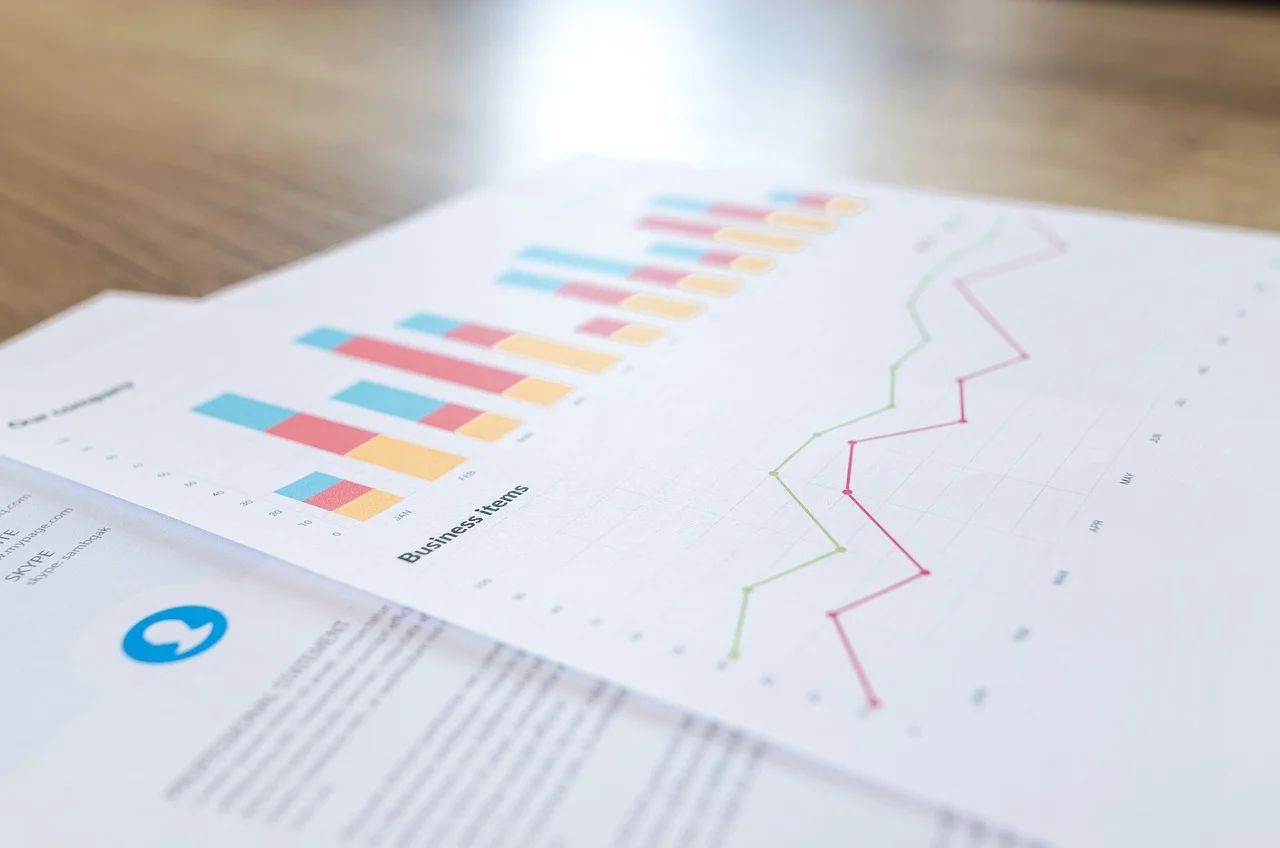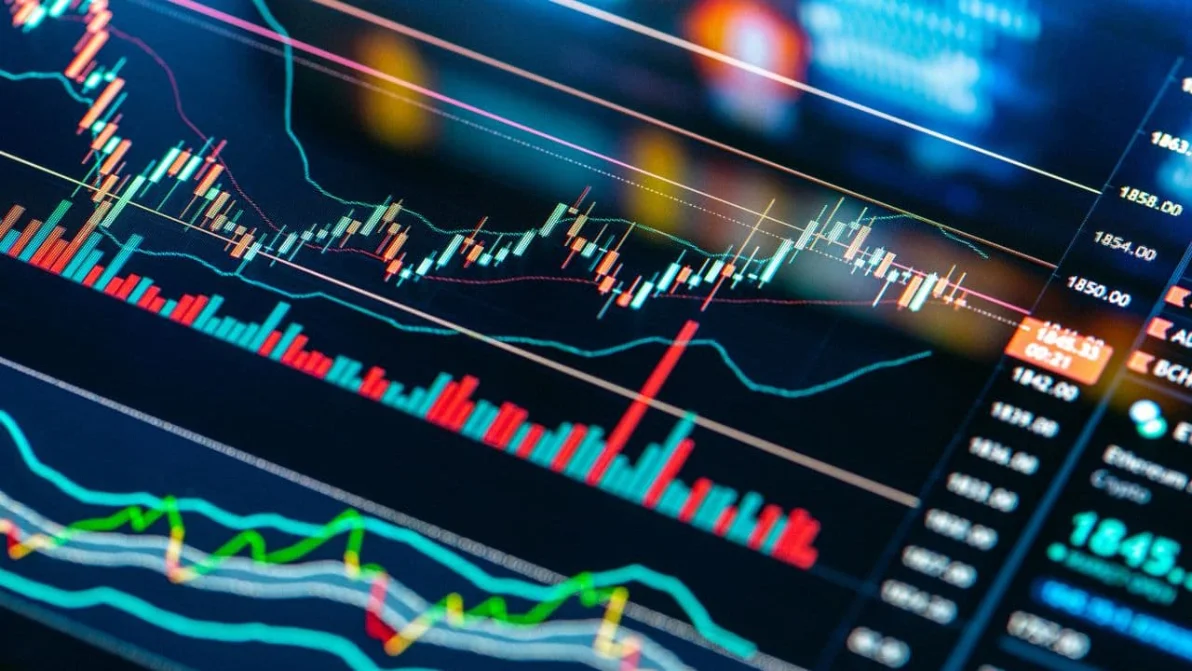During China’s Golden Week holiday, the amount of money spent and the number of trips taken within the country didn’t meet the expectations set by the government. This puts pressure on policymakers to consider more aggressive economic stimulus measures.
Official data reveals that during the eight-day holiday starting on September 29, there were approximately 826 million domestic trips made, bringing in a total of 753.4 billion yuan (about $103 billion). While this is considerably higher than the numbers in 2022, when the country still had strict pandemic controls in place, it fell short of what the government had anticipated. Government estimates were aiming for nearly 900 million trips and 782.5 billion yuan in revenue.
Economists at Goldman Sachs Group Inc. mentioned in a recent research note that the National Day golden week tourism data indicates that the recovery of services in China has slowed down a bit, but it’s still ongoing. They believe that further policy measures will be needed to boost consumption and services, especially considering the ongoing downturn in the property market and the persistently low confidence among consumers.
Other important data released during the holiday period also suggested that while the overall economy is getting better, it’s not bouncing back strongly. Some sectors have lost momentum in recent months, and the problems in the property sector continue to weigh on the economy.
Traders had hoped that increased holiday spending would give a much-needed boost to the sluggish stock market. Before the holiday, the CSI 300 Index, which measures Chinese stocks, had declined by 4.7% for the year.
The People’s Daily, which represents the Communist Party, featured two front-page reports over the weekend, highlighting that the Golden Week statistics demonstrate the strength of the economy.
The newspaper stated on Sunday, “The liveliness and energy seen during the holiday reflect the ongoing growth and recovery of the Chinese economy.”
Although the recent data showed significant improvements compared to last year, with domestic trips surging by 71% and revenue increasing by nearly 130%, it’s important to note that these gains were relatively modest when compared to the levels before the pandemic. Trips only increased by 4.1% compared to 2019, and spending saw a modest increase of 1.5%.
In 2019, the Golden Week holiday lasted for seven days because the mid-Autumn festival did not coincide with the National Day celebrations. This year, the holiday was extended by one day due to the alignment of these two events.
Furthermore, border entries and exits during the holiday totaled about 11.8 million, which is only 85% of the number recorded during the same period in 2019, as reported by the National Immigration Administration.
Local movie box office sales dropped by 39% compared to 2019 levels, totaling 2.7 billion yuan, according to data from Maoyan Entertainment, a ticketing platform.
However, there were signs of increased spending in major Chinese cities. In Beijing, tourism revenue saw a substantial increase of nearly 22% compared to 2019, and the number of visits to the city by non-residents surged by about 13% from that year.
According to state-run China National Radio, Shanghai authorities reported that the city’s tourism industry had mostly returned to 2019 levels. During the holiday period, approximately 9.3 million trips were made to major attractions in Shanghai, which was a 25% increase compared to the previous year. While the report didn’t provide specific 2019 numbers, local media had reported that around 7.29 million trips to Shanghai attractions were made during the holiday in that year.





